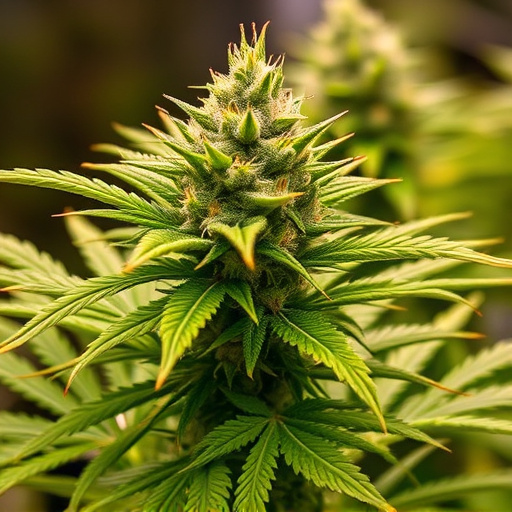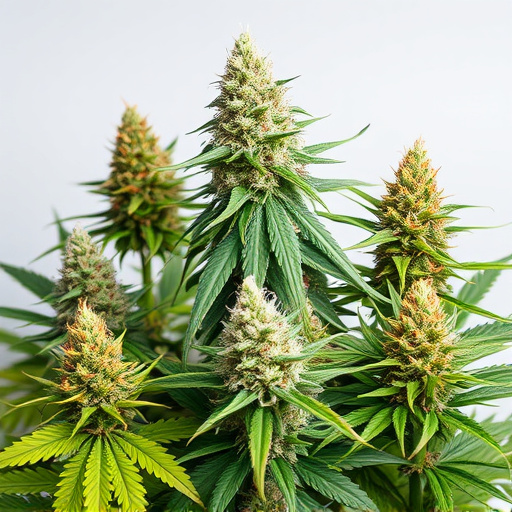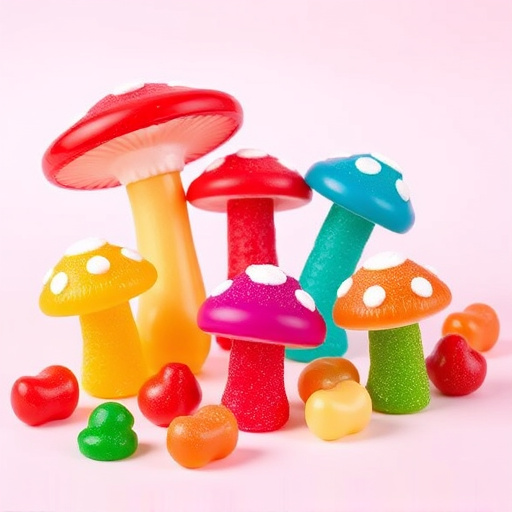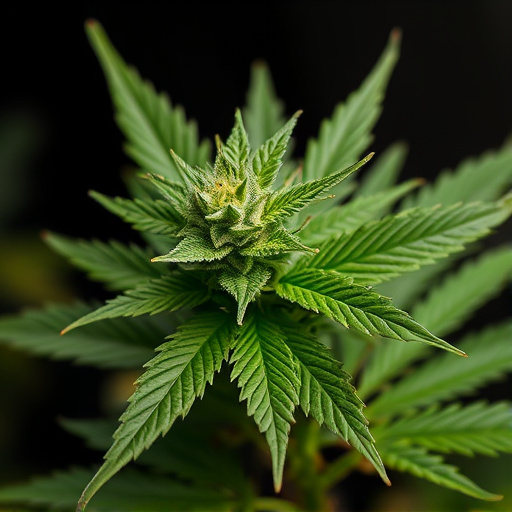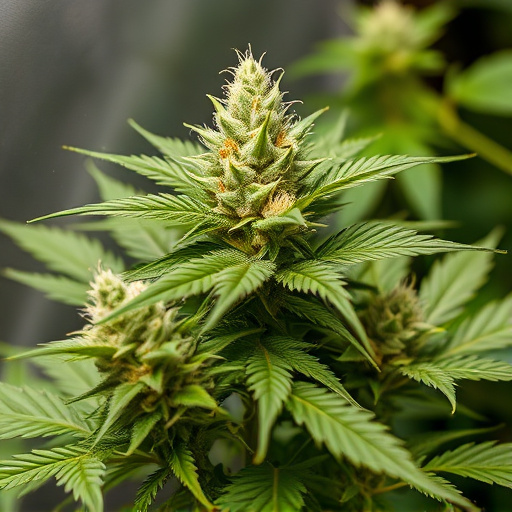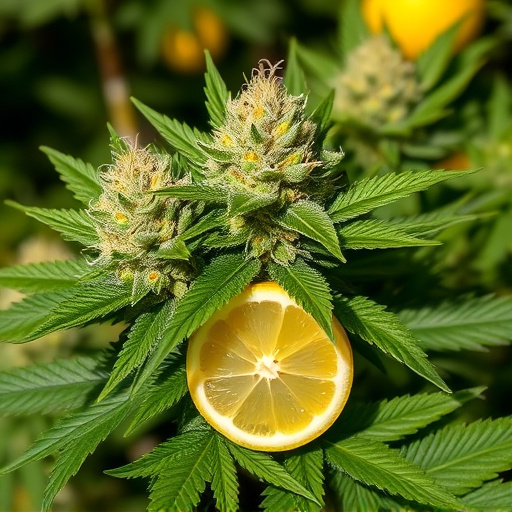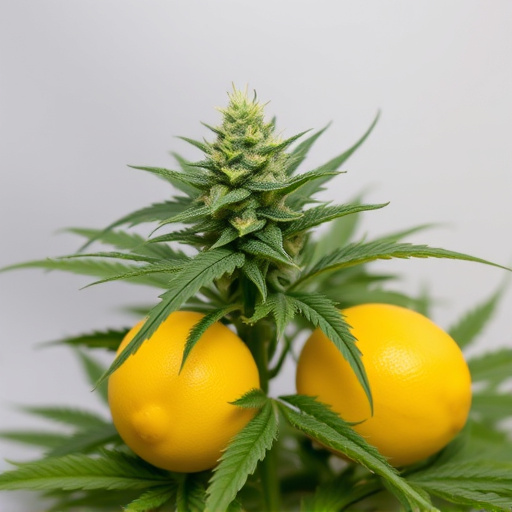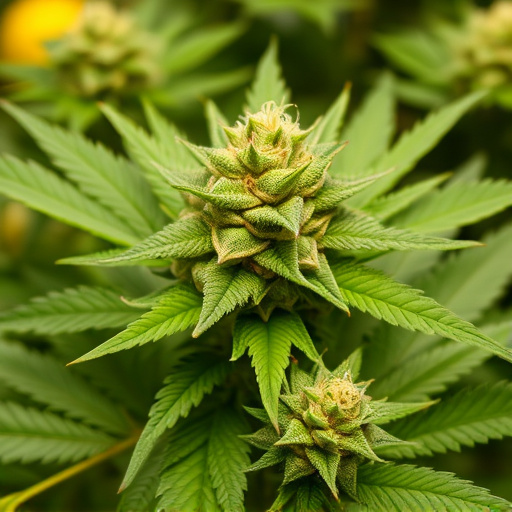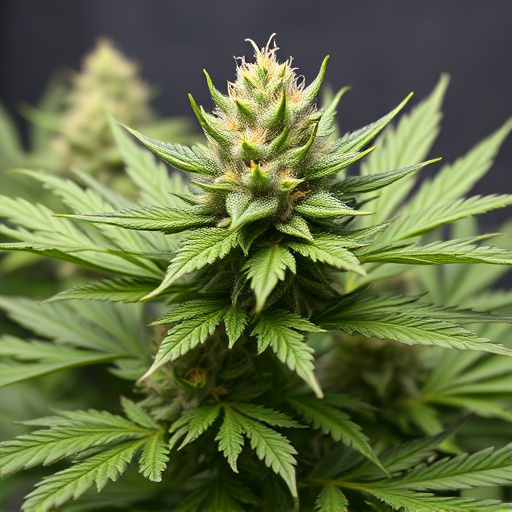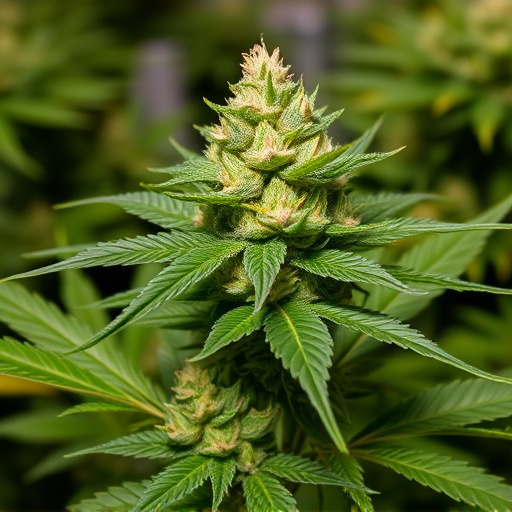Lemon cannabis strains, popular for their aroma and flavor, carry health risks including heightened anxiety, paranoia, and potential dependencies. Contaminants and terpene interactions may exacerbate existing respiratory or mental health conditions. The booming legal market faces challenges in ensuring product safety due to inconsistent cultivation, genetics, and regulation, underscoring the need for standardized quality control.
The rising popularity of cannabis, especially within medical and recreational markets, necessitates understanding its risks. This article delves into the specific dangers associated with lemon cannabis strains, a vibrant and potent variety favored by many. From potential health risks, including psychological effects and addiction concerns, to quality control and regulatory challenges within the cannabis industry, we explore why informed consumers should approach this popular choice with caution.
- Potential Health Risks Associated with Lemon Cannabis Strains
- Psychological Effects and Addiction Concerns
- Quality Control and Regulatory Issues in the Cannabis Industry
Potential Health Risks Associated with Lemon Cannabis Strains
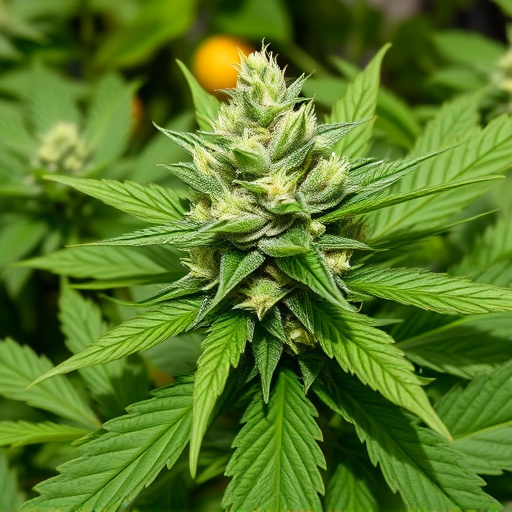
Lemon cannabis strains, while known for their delightful aroma and tangy flavor, come with potential health risks that users should be aware of. One significant concern is the concentration of THC (tetrahydrocannabinol), the primary psychoactive compound in cannabis. Some lemon strains can have exceptionally high THC levels, leading to intensified psychological effects, including heightened anxiety, paranoia, and panic attacks, especially for first-time or inexperienced users. These adverse reactions can be more pronounced in environments that lack familiarity or comfort, such as public settings.
Additionally, the citrusy profile of lemon cannabis strains might mask underlying issues in the plant’s composition. Pesticides, residual solvents, or other contaminants could be present, posing risks to users’ health. Even organic strains may contain myrcene, a terpene common in citrus varieties, which can interact with THC and potentially increase inflammation in certain individuals. This interaction is particularly relevant for those with pre-existing respiratory conditions or a history of anxiety disorders.
Psychological Effects and Addiction Concerns
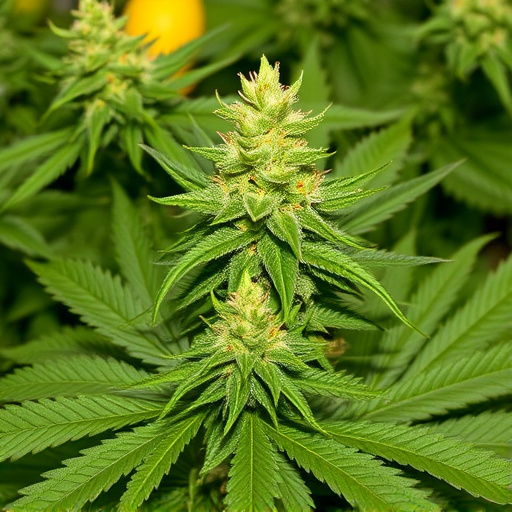
Cannabis, especially its flower form, is known for its psychological effects, which can vary greatly depending on the user and their tolerance. While some individuals enjoy the relaxing and mood-elevating sensations brought on by certain strains, like lemon cannabis varieties, others may experience heightened anxiety or paranoia. Lemon strains, with their citrussy aroma and unique terpene profile, are popular for their potential to induce a calming effect, but these benefits aren’t universal. Regular use can lead to dependence and addiction, especially in those who consume high-potency products. The risk of addiction increases with frequent use, and individuals with a history of mental health issues or substance abuse may be more susceptible. It’s crucial to understand that cannabis’ psychological impact can be unpredictable, and what starts as a pleasurable experience could potentially lead to longer-term mental health concerns for some users.
Quality Control and Regulatory Issues in the Cannabis Industry
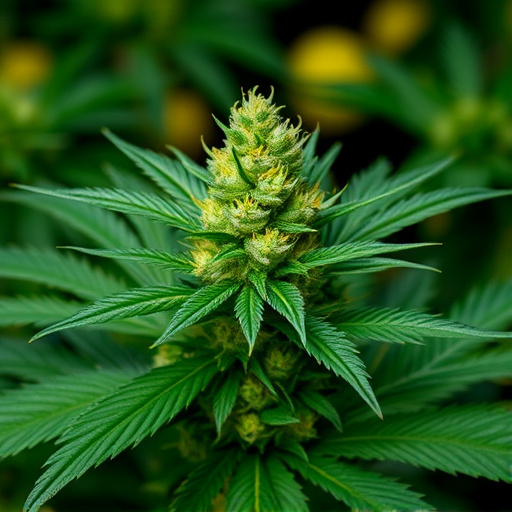
The cannabis industry, particularly with the growing popularity of cannabis flower, faces significant challenges in terms of quality control and regulatory compliance. As more states legalize cannabis for medicinal and recreational use, the market has seen an influx of products, including diverse lemon cannabis strains known for their unique aromas and effects. However, this rapid expansion has led to concerns about product consistency and safety.
One of the primary issues is ensuring that every batch of cannabis flower meets strict quality standards. Due to varying cultivation methods, genetic diversity, and extraction techniques, even within a single strain, there can be significant variations in potency, pesticide levels, and other contaminants. Regulatory bodies are still catching up with these complexities, making it challenging to implement uniform standards across different states or regions. As a result, consumers may encounter inconsistent product quality, highlighting the need for robust quality control measures and standardized regulations in the cannabis industry.
